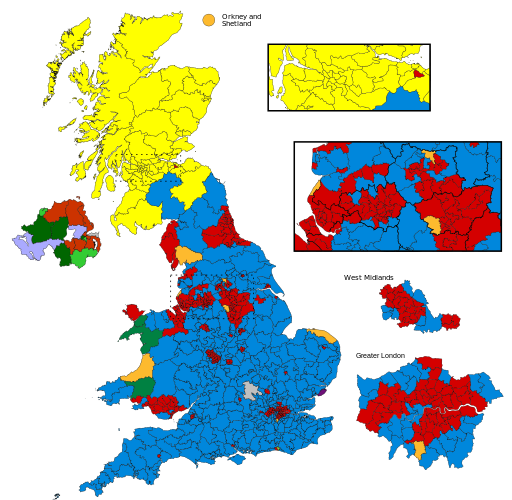It is too easy simply to blame the West for the problems related to Islamic fundamentalism and the war in the Middle-East. Leaders and opinion formers in the Arab World clearly have to bear their share of the responsibility, as do moderate Muslims who have allowed a potential cuckoo to grow in their nest. But, without buying into far-fetched conspiracy theories, it is clear that our actions in the Middle-East have been inconsistent, short-sighted and venal. We have courted, armed and condemned fundamentalists, we have supported, installed or toppled murderous dictators, we have paid lip-service to reform, but not given it our whole-hearted commitment, and when it comes to peace, the Americans have always failed to play their whip-hand to bring about an Arab-Israeli settlement. Our interventions, from Iran to Afghanistan to Iraq and Libya have reacted to one problem and caused many more.
Sometimes one has to make a deal with the Devil in order to fend off a mortal danger. The West needed Stalin to vanquish Hitler, and in the process Stalin was also saved and strengthened. This led to the Cold War, but what choice did ‘we’ have? Hitler made it an easy decision because he himself attacked Russia. In this sense ISIL are indeed similar to the Nazis: they like to go around making enemies, and that will probably be their downfall. In the end they will bite off more than they can chew. But the West needs a vision and a strategy. An idea can be an incredibly powerful thing if you are prepared to stand up for it. This is what makes the extremists strong. They don’t have conventional armies or huge populations or a powerful military-industrial complex. But they have the idea of an Islamic State and they are prepared to kill and be killed for it. What is our idea? Democracy? Tolerance? Security? And what are we prepared to do for it? And what is our vision for the Middle East? And how are we going to promote it?
Not getting involved is not really an option. For a start; we are involved in any case, and we are being attacked, and it is not defensible to stand back and look on while people are massacred by their leaders or throat-slitting Islamists or in some sectarian pogrom. But make no mistake, this is a dangerous game and the stakes are high. Not only are there already frictions between NATO member Turkey and Russia and Iraq, which could turn into a nasty superpower head-to-head, but we risk getting embroiled in something with no good outcome, which sets up the next problem for decades to come. But at least we should know what we stand for, and we should be prepared to be clear and consistent about it, even if it means offending old ‘friends’ like Israel and the Saudis.
